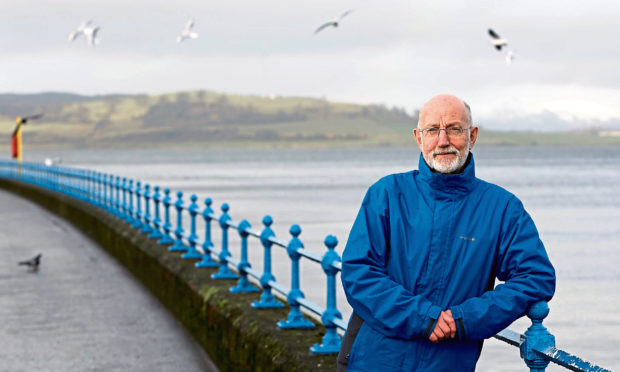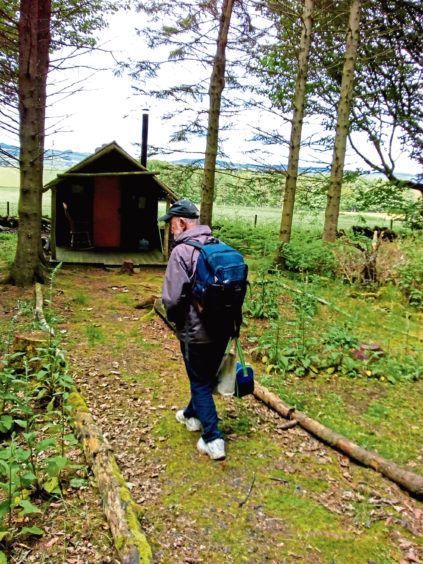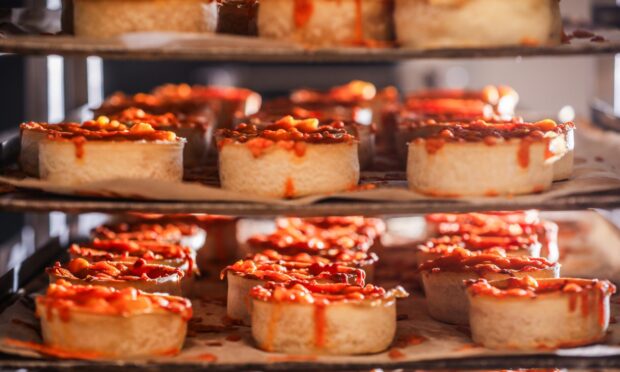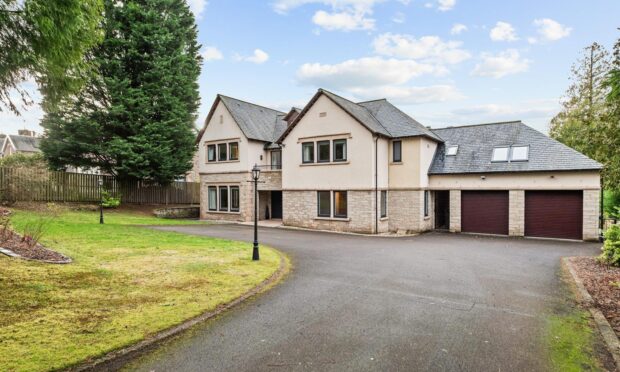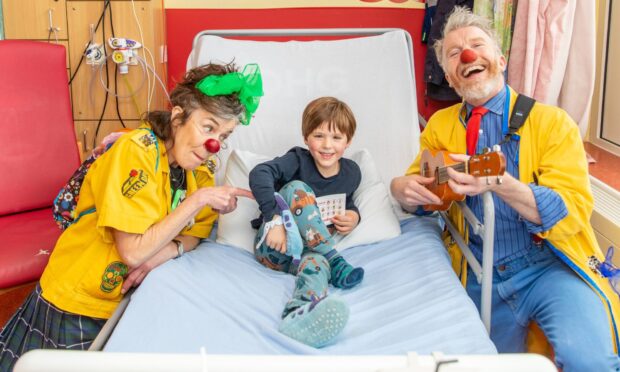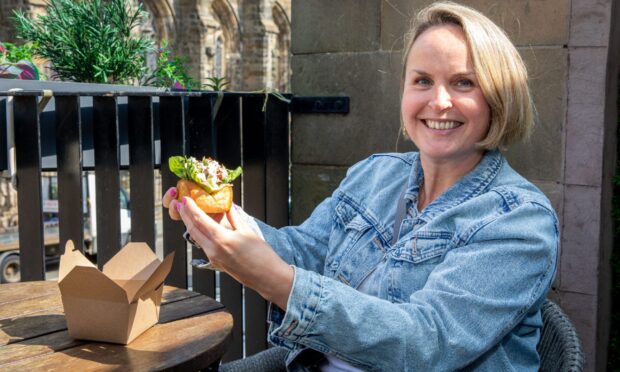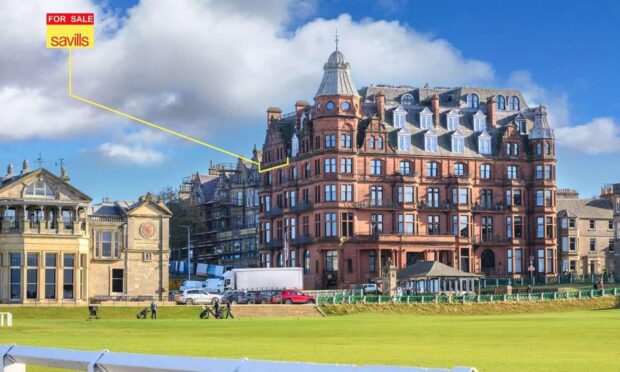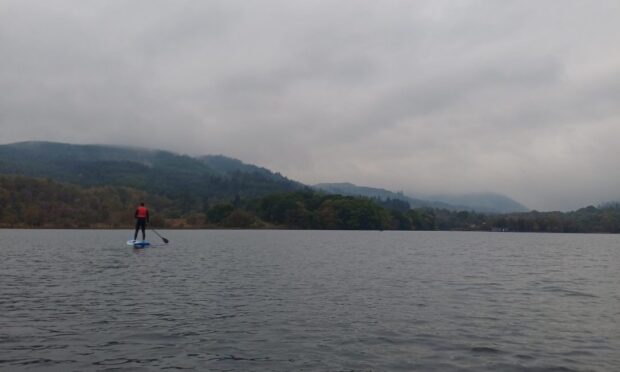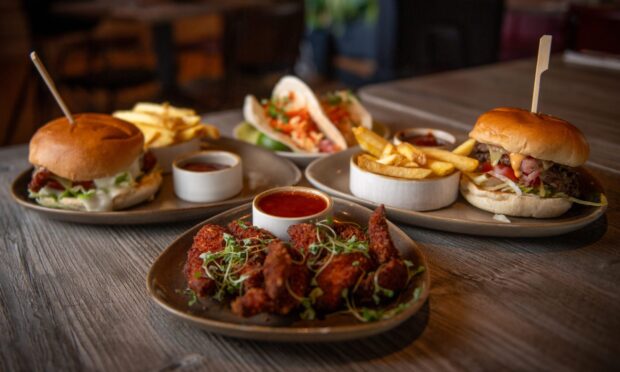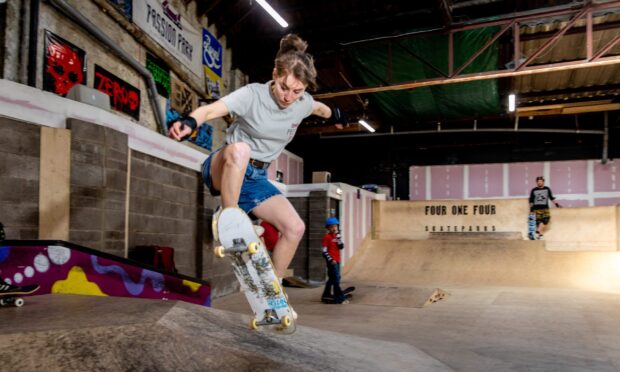It’s an overcast Glasgow Tuesday, and I’m pointing a microphone at the redoubtable Father Willy Slavin – voted one of Scotland’s “Top 10 Tims” – as he drives us both to Falkland in Fife.
I’d first met him in 1994 at a Barrowland ballroom fundraiser for heroin rehab charity Calton Athletic. He was forthright and funny, with coiled-spring energy. Retiring five years ago from a life of obedience, poverty and celibacy, he gave away his library of books, toured Scotland in a VW campervan, and also secured the powerful public artwork “Homeless Jesus” where a bronze figure on a Glasgow town-centre bench is covered with a blanket, from which protrude feet punctured by crucifixion stigmata. (Willy was chairman of homelessness charity Emmaus for 12 years).
Incapable of inactivity, he then set to work on his memoirs, recently published. Three years in the writing – from diaries started in 1956 – this rewarding read lifts the lid on the workings of the Catholic Church, and Willy’s own devoted ministry of the poor and marginalised.
Now aged 79, and savouring the peace of retirement (“I’ve had 50 years of company!”) he spends Glasgow weekends at his elder sister’s for weekly meetings with a long-established men’s spiritual group. Weekdays he spends in blissful solitude in a wooden hut on the edge of Falkland Palace Estate, where days start with an orange, muesli, bread and local honey. Prayers on the porch follow, with readings and psalms from the Universalis website on Willy’s iPad, a useful retirement gift.
He writes essays and film reviews for a magazine in the morning, then heads into the village “I can get a good meal and a pint to make sure I’m eating properly. Then I come back in the afternoon and do some manual labour around the hut, like chopping wood…. Laborare est Orare (to work is to pray).
That takes me through to tea time when I can make something simple on the wood-burning stove…”
We reach Falkland and a cheerful pub lunch with his chums – an NHS 24 Rambling Group – then it’s up a tree-lined track to park the car, with a final walk over a carpet of pine needles, moss and fern to Willy’s foxglove-fronted hut.
He’s settled gratefully in the outer reaches of this World Heritage Site village and, twice a year while the resident priest is on holiday, he takes mass in the Palace Chapel Royal where Mary Queen of Scots once washed the feet of virgins. Peace with birdsong is all around; a pine-marten sometimes appears on the woodpile. “This is all a man needs!” exclaims Willy.
Inside is pared-down comfort, with bed, table and wood-burning stove. The single window looks onto rolling hills and lush pastures. On the wall hangs framed words “Don’t go where the path may lead, instead go where there is no path and leave a trail”, alongside images of the mystic Thomas Merton, St George, Roy Petrie’s “Ancestral Garden” and a 1931 cartoon drawn by his father (known as “Wee Johnny”) of a glum chap at the tobacconist counter requesting “A single Woodbine for a married man…”.
“That was him amusing himself! My father was a very talented man” recalls Willy fondly.
Over tea and biscuits on the porch, we sit on rocking chairs and Willy hands me his famous Audrey Hepburn cushion for added comfort.
Born into a skilled and devout working-class family that was dubbed “brainy but arrogant” by the parish priest, young Willy’s greatest childhood sin was stealing chocolate from the local biscuit factory.
Educated for the priesthood at Blair’s College seminary and in Rome, he soon realised that his vocation lay in ministering to the poor and marginalised, both as parish priest, but also as fully-trained educational psychologist working within Glasgow’s East End schools in “the cold climate being created by Thatcherism”.
The trinity of poor housing, parenting and health “all conspire to take bad boys into the jail”. As chaplain to Barlinnie’s remand prisoners – where he highlighted conditions by presenting governors with a louse-ridden inmate pillow – and incumbent of St Alphonsus in the Barras market, Father Slavin became a well-kent face of Glasgow’s East End.
From this welcoming church with its open-door policy (also providing change for the Barras marketers), he focused on rekindling the faith of lapsed Catholics and – as I recall – would call a spade a shovel from the pulpit. He also set up and ran the Scottish Drugs Forum and, following his chaplaincy at Yorkhill Children’s Hospital, was asked to preach at its official closure.
With this dizzying wealth of life-changing work behind him, what nutshell of wisdom would he pass to others?
“We are all ‘Jock Tampson’s bairns’. Whichever job you’ve got, you can either push the door open a little bit to let others in, or you can hold it shut. I just think those that are disregarded, for what ever reason, shouldn’t be. They should be given the same opportunity as everybody else”.
Fifty years as a priest have also convinced him that empathy is more powerful than advice-giving.
“It sounds a bit pompous but I think you have to walk with people, in their shoes” he says, redirecting a passing bee away from the hut’s interior.
Looking after yourself and “not leaving it all to the NHS” is another firmly-held Slavin belief. With a recent cancer diagnosis, he views his future with quiet equanimity and agrees that the Japanese health-giving practice of forest-bathing – time spent in nature – is helpful.
“When you come to my age, you realise that it’s all extra time. This very specific thing is all that’s wrong with me, I haven’t been in treatment for years – and oxygen is good for cancer”.
